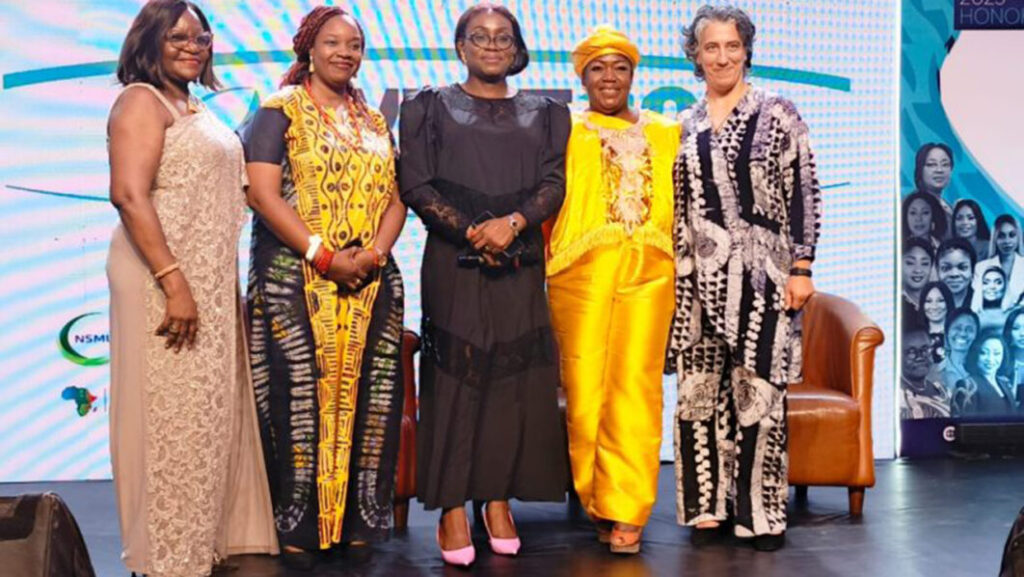
Women have urged policymakers, financial institutions, and industry leaders to expand opportunities for women to excel in maritime and energy as the country advances its economic capabilities.
Their appeal comes at a time when global maritime communities are increasingly championing gender diversity, advocating for policies that drive economic growth and boost operational efficiency.
Speaking at the fourth Women in Maritime and Energy (WIME) Awards, Dr Chizoba Anyika, Chairperson of the Advisory Board, stressed the importance of collaboration and urged all stakeholders to help build a more inclusive industry where women assume greater leadership roles.
Anyika called on organizations and policymakers to turn their commitments into tangible actions that foster gender inclusion and promote professional growth in both sectors.
“Our aim is to build stronger networks, create more mentorship opportunities, and push for policies that genuinely support women in maritime and energy. We seek organizations, industry leaders, and policymakers ready to act—not just speak—in meaningful ways,” she stated.
Reaffirming her belief in a future led by women in these industries, Anyika expressed confidence that women are set to play a significant role in steering the growth of maritime and energy sectors.
She also noted that the WIME Awards serve as a beacon of empowerment, inspiring more women to step forward and claim their rightful positions in the industry. The event highlighted WIME’s commitment to forging robust networks, expanding mentorship opportunities, and advocating for supportive policies.
Honoring the award recipients, Anyika praised their hard work, determination, and excellence, describing them as an inspiration not only to WIME but to the entire nation.
Additionally, Foluke Akinmoladun, Managing Solicitor of Trizon Law Chambers, emphasized the need for greater support and policy reforms to enhance women’s inclusion in the nation’s maritime sector. Akinmoladun pointed out that the maritime industry suffers from one of the lowest levels of female participation, citing both Nigerian and international reports that indicate increased inclusion of women improves organizational performance.
